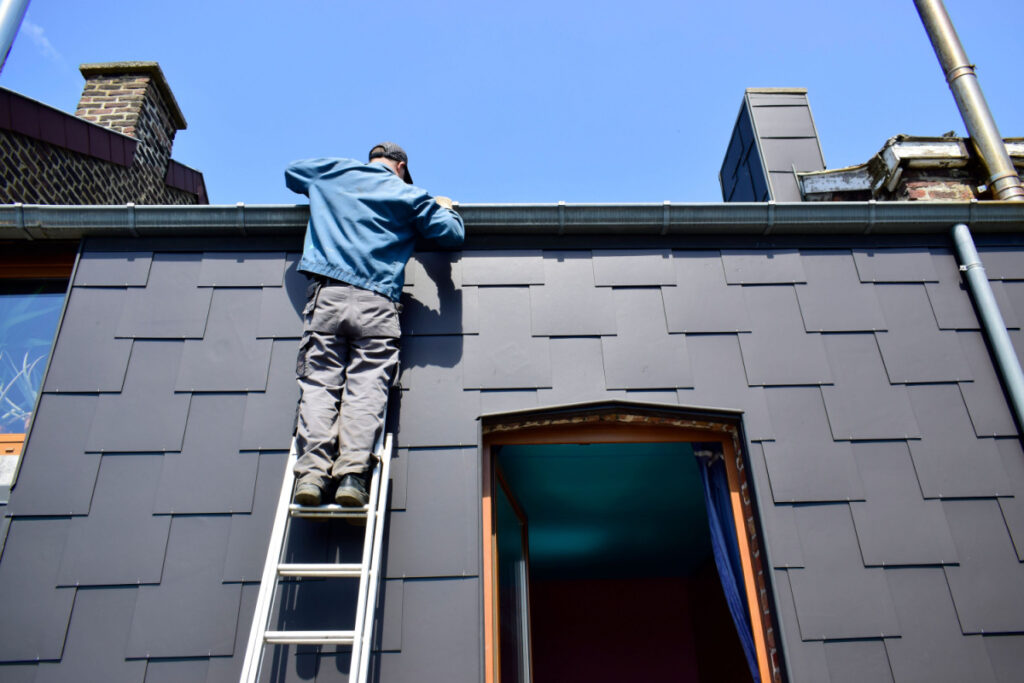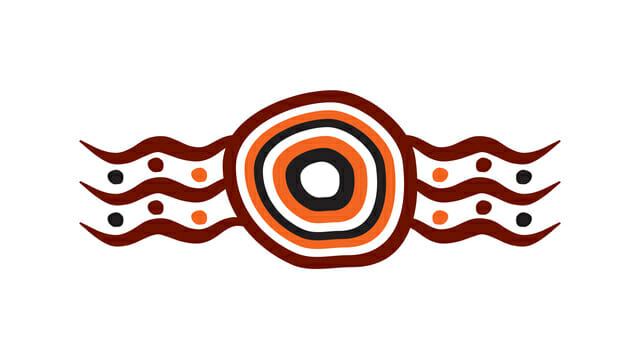Proper maintenance is the cornerstone of a successful investment property, yet it’s often one of the most challenging aspects of property ownership. Whether you’re a seasoned investor or new to property ownership, understanding maintenance responsibilities, compliance requirements, and preventative care can feel overwhelming.
Property maintenance encompasses everything from routine repairs and regular upkeep to emergency responses and long-term preservation of your asset’s value.
It’s a shared responsibility between property owners, tenants, and your property management company, each playing a crucial role in maintaining the property’s condition and ensuring its longevity.
Contents
What is Property Maintenance?
Maintenance includes regular repairs and maintenance of a building’s systems, structures, and equipment. The maintenance of rental properties consists of a wide range of tasks, from regular cleaning, routine maintenance and landscaping to more complex repairs and upgrades.
Some tasks are the owner’s responsibility—which can be managed by the owner or a professional property manager—while others are the tenant’s responsibility.
Property management maintenance requires careful planning, budgeting, and coordination and includes preventive and corrective measures. Preventive maintenance involves pest control, regular inspections, cleaning, and servicing of appliances to prevent breakdowns and prolong the life of the property.
Conversely, corrective maintenance involves timely repairs or replacements being arranged when tenants raise an issue.
A Property Manager's Role in Property Maintenance
Experienced property management companies can proactively manage all repairs and maintenance while also ensuring qualified, trusted trades perform the work and that it complies with relevant regulations and standards.
A good property manager protects the longevity and value of a property through:
Routine Inspections
Routine inspections are carried out to identify any issues with the property and ensure that everything is in working order. They should be done regularly—in NSW, they can be carried out up to four times in 12 months—and should cover all areas of the property, including the interior and exterior.
During routine inspections, the property manager checks for signs of wear and tear, damage, or other issues that may need attention. They also ensure all equipment and appliances are in good working order.
Emergency Repairs and Maintenance Requests
Emergency repairs must be carried out immediately to prevent further damage to the property and ensure the safety of the occupants. Examples of emergency repairs include burst pipes, electrical faults, and gas leaks.
The tenant is responsible for notifying their property manager about the emergency, and the property manager is responsible for ensuring the emergency repair is carried out promptly and efficiently by one of their trades.
Preventative Maintenance
Preventative maintenance is the process of carrying out regular maintenance tasks to ensure the safety of tenants and prevent issues from arising in the future. It involves cleaning gutters, servicing heating and cooling systems, checking fire alarms, and checking leaks.
Most preventative maintenance is the responsibility of the tenants, who have agreed to leave the property in its current condition (considering general wear and tear) when they start their tenancy. So, ensuring gutters are clear, lawn and garden maintenance, wall damage, etc., is usually the tenant’s responsibility.
Other preventative maintenance, such as checking the fire alarms are working, is the responsibility of the property owner.
Smart Budgeting for Property Maintenance
Keeping your investment property in top condition requires careful financial planning. While dealing with maintenance issues as they arise might be tempting, having a well-thought-out budget and plan can save you significant money and stress in the long run.
Understanding Your Maintenance Costs
When planning your maintenance budget, you must account for both expected and unexpected costs. Direct costs include the obvious expenses, such as materials, labour, and equipment for repairs.
But don’t forget about indirect costs – the behind-the-scenes expenses, such as compliance certifications and fees, that can quickly add up if managing properties in a large portfolio.
What factors influence your maintenance costs? Your property’s age, size and condition play significant roles. A newer apartment might need minimal upkeep, while a larger, older house could require more frequent attention. Consider these key elements when estimating your maintenance budget:
- Current condition and age of major systems (plumbing, electrical, HVAC)
- Property size and layout complexity
- Local costs for trades and materials
- Previous maintenance history
- Upcoming or anticipated repairs
Making the Most of Your Resources
Smart resource management is about more than just money – it’s about using your time, contractors and materials efficiently. Start by prioritising what needs to be done and when. Some maintenance tasks are urgent, while others can be scheduled during quieter periods or grouped together for cost efficiency.
When planning your maintenance schedule, consider the following:
- Which tasks need immediate attention
- Where you can find reliable, cost-effective contractors
- How to minimise disruption to your tenants
- Ways to combine multiple maintenance tasks
- Opportunities for preventive maintenance to avoid costly repairs
Property Maintenance Responsibilities of Tenants
Tenants have certain responsibilities when it comes to maintaining the property they are renting. These responsibilities are based on NSW laws and regulations.
Indoor Maintenance Tasks
Tenants are responsible for keeping the inside of the property clean and tidy. This includes regular cleaning of the floors, walls, and windows and keeping the kitchen and bathroom areas clean. Tenants should also ensure that any appliances provided by the landlord are used correctly and kept clean.
In addition to cleaning, tenants are responsible for reporting any damage or promptly raising a maintenance request. This includes issues such as leaks, broken windows, and malfunctioning appliances.
Outdoor Maintenance Tasks
Tenants are also responsible for maintaining the outdoor areas of the property (unless otherwise stipulated in their tenancy agreement). This includes keeping the garden and lawn areas tidy, ensuring that any rubbish is disposed of correctly, and reporting any damage or maintenance issues to their property manager.
Navigating Legal and Safety Requirements
Keeping your investment property safe and legally compliant isn’t just about ticking boxes – it’s about protecting your tenants and investment. Understanding your legal obligations might seem daunting, but breaking them into manageable areas makes compliance straightforward.
Essential Building Requirements
Your property needs to meet specific building codes that ensure everyone’s safety. Think of these as your property’s safety foundation, covering crucial areas like:
- Fire safety systems and smoke alarms
- Electrical wiring and installations
- Structural integrity and maintenance
- Emergency exits and access points
- Safe balconies and windows
Regular professional inspections are your best defence against compliance issues. These check-ups help you spot potential problems early, saving you from costly repairs and legal headaches later on.
Health and Wellbeing Standards
Creating a healthy living environment in your investment goes beyond meeting minimum standards – it’s about maintaining a property where people genuinely feel safe and comfortable. Key focus areas include:
- Indoor air quality and ventilation
- Clean and safe water supply
- Effective pest prevention
- Proper drainage and waterproofing
- Adequate natural light and ventilation
When managed effectively, a comprehensive maintenance strategy protects your investment, enhances tenant satisfaction, reduces costly emergency repairs, and helps maintain steady rental income. However, getting this balance right requires careful planning, clear communication, and a thorough understanding of everyone’s responsibilities by an experienced property maintenance team.
Key Takeaways
- Property maintenance management encompasses regular repairs, maintenance of building systems, and equipment to ensure property longevity.
- Essential duties include routine inspections, emergency repairs, and preventative maintenance, with responsibilities divided among tenants, property owners, and managers.
- Effective management requires careful planning, budgeting, and compliance with legal and safety regulations.
- Regular maintenance not only preserves property value but also ensures safety and compliance with building codes and health regulations.
Looking for Expert Property Management Services?
As part of the Leah Jay Way, our experienced property managers ensure the safety and compliance of all our properties. It’s part of our comprehensive approach to property management, where we prioritise the well-being of tenants and the protection of our clients’ investments.
Contact the Leah Jay team today if you’re looking for an award-winning property manager to assist you with all leasing and property management queries and protect your investment.




